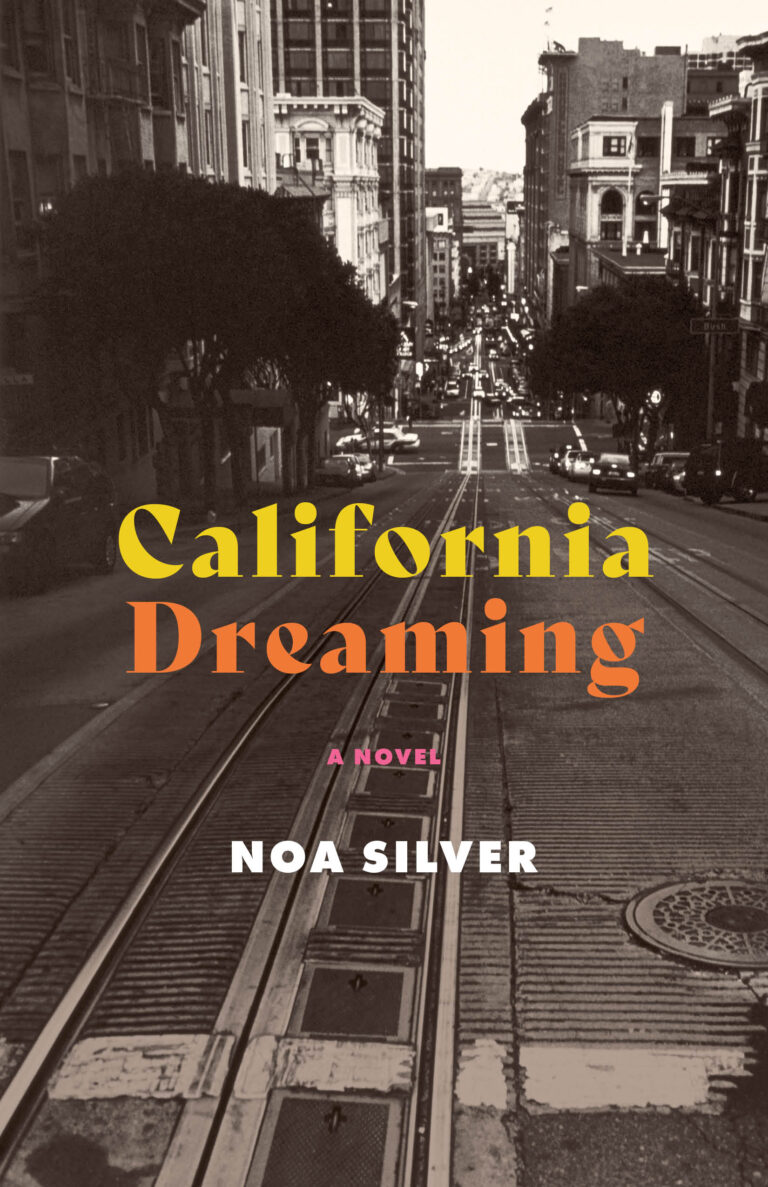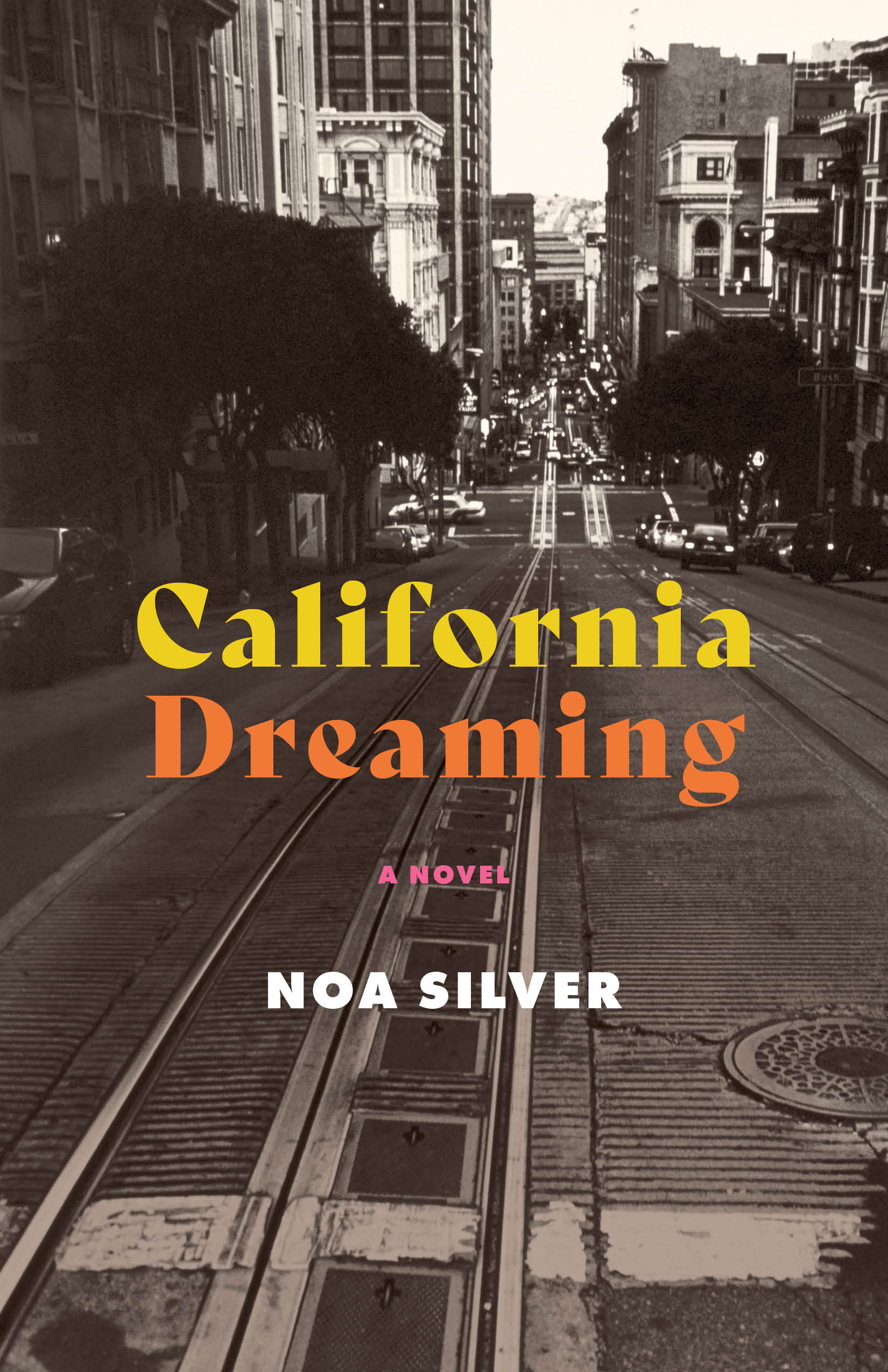The opening pages set the tone of this introspective novel that reflects on a period of time spent in California’s Bay Area. Author Noa Silver skirts stereotypes and maudlin nostalgia even while describing West Coast tropes, offering a portrait that skewers (with love) six decades of California-isms, from flower-power hippies to the babble-language of self-actualization crazes to the Occupy movement to Silicon Valley to the 21st century’s increasing climate disasters. As her protagonist, Elena Berg, notes: “That day, I didn’t see the needles on the ground or the sleeping bags stretched out in doorways and in the BART station. I am still trying to figure out whether it is San Francisco or me that has changed the most in the years since.”
The remaining pages extend this contemplative, first-person account of the career “pivots” and strained relationships of a woman looking back on the decisions she made through her 20s—and, eventually, the big decision that she will make based on them.
Transplanted from New England as a newly minted “TFAer” (Teach For America), Elena is assigned an eighth-grade class in an at-risk Oakland school. Her initial plan involves bestowing enlightenment via poetry. Reality sets in quickly as she discovers her disconnect with public school difficulties, spinning her further from her original reasons for moving west.
A troubling aspect of both this portion of CALIFORNIA DREAMING and Elena as a character is her incompetence as a teacher. It is one thing to have starry-eyed expectations that go unrealized—and quite another to choose, as Elena does from virtually her first days on the job, to take beach outings rather than grade tests or prepare curricula. What, specifically, brings about her disenchantment is not well fleshed-out. The main problem—intended by the author or not—appears to be laziness on Elena’s part.
Of more interest is Elena’s relationship with her Jewish identity (including a haunting scene involving a discussion of tattoos). Elena’s grandparents, holding sharply differing outlooks on religion and worldviews, are perhaps Silver’s most sharply drawn characters—fresh and engaging as people, and seminal players in Elena’s story. Two-thirds into the novel, Elena drops a bombshell that sharply veers from what the reader has learned about her views as a Jewish woman. Nothing further develops from this scene, which could have provided a key touchstone for the book but (at minimum) needed foreshadowing.
The well-rendered, dreamy remembrances that comprise the plot carry Silver’s debut novel a long way. But, like the dreams of its title, CALIFORNIA DREAMING lacks forward momentum and a centralizing theme. A narrower, sharper focus would have well served the evocations—both personal and setting-related—of Silver’s engaging narrative. Her next novel will be welcome.
Noa Silver’s evocative imagery and strong dialogue imbue CALIFORNIA DREAMING with memorable narratives and characters.
~Anne Welsbacher for IndieReader


